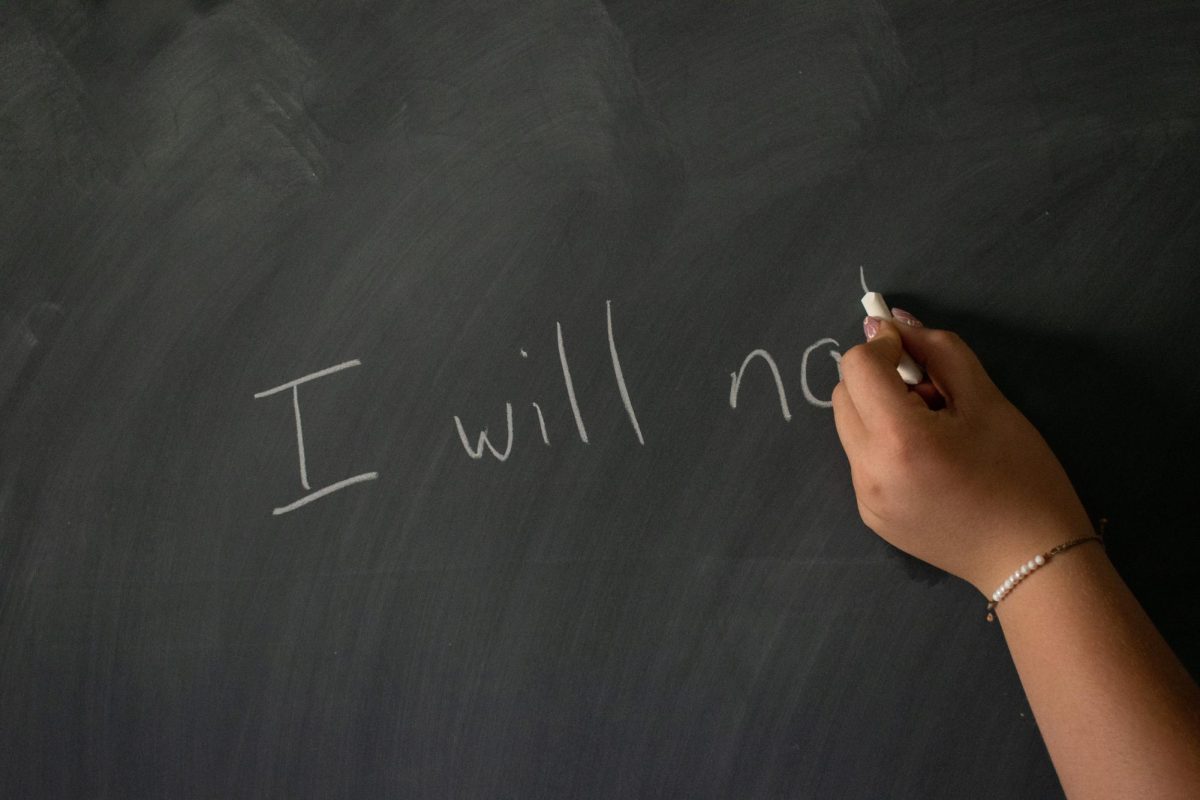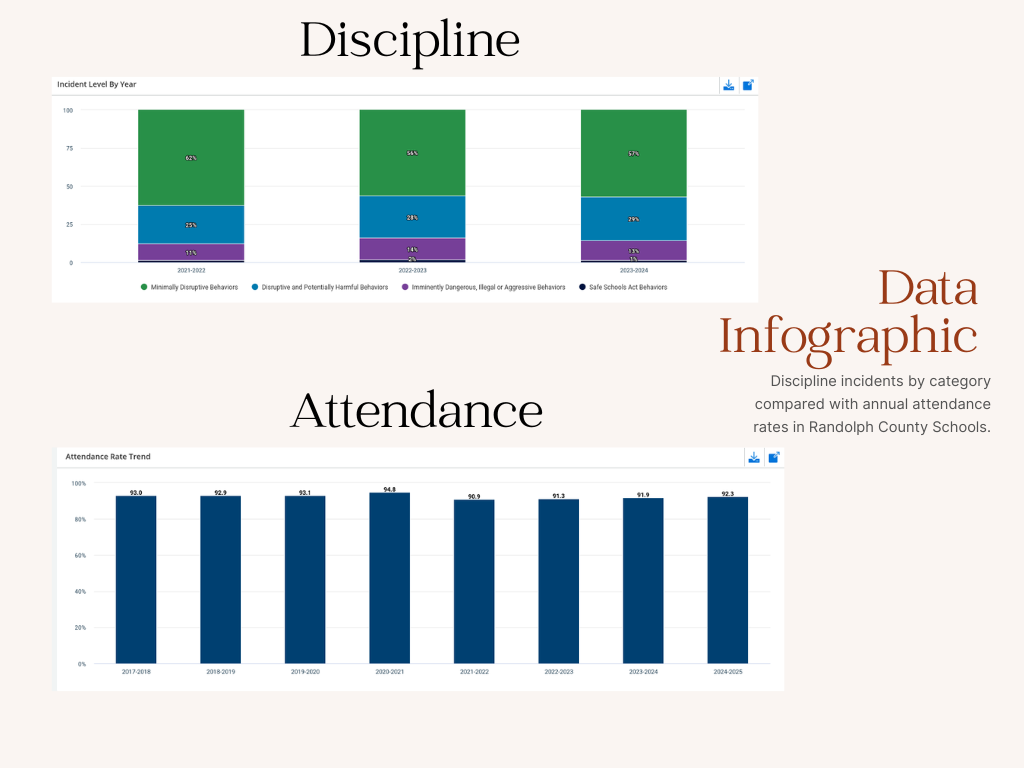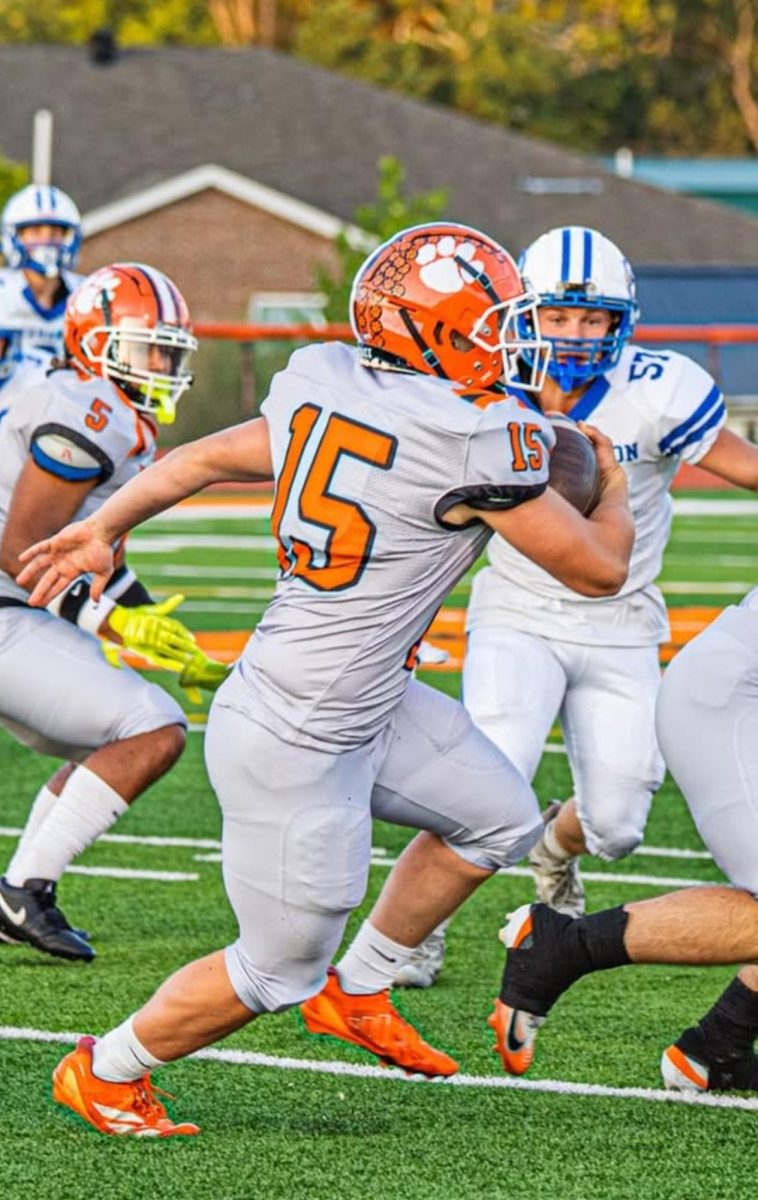Public school discipline—the effectiveness, the morality—has always been debated. Parenting methods are constantly evolving; you may see parenting books on stores’ shelves or you might encounter social media posts that abash others’ parenting styles. Your eyes might be captured by the word, “permissive”, “neglectful”, and “authoritarian”. Because of this, changes in students’ punishments are often discussed. However, a harrowing detail about these debates is the prevalent racial disparities; living and thriving systematically.
In 2019, here in West Virginia, our state Board of Education voted to make it easier for teachers and administrators to discipline pupils without being held accountable by the state. Things such as “inappropriate appearance” can now lead to out-of-school suspensions. In WV, less than 5% of our student population is black. Yet, for the past two decades, they’ve been suspended at twice the rate of other white West Virginia students.
According to mountainstatespotlight.org, “WV schools are more punitive than other states with similar black populations” and “Roughly 4% of students in WV schools are black. Among the states where black students make up between three and six percent of enrollment, WV suspends the highest percentage of black students.”
Turan Rush, a person of color who went to school in WV, was suspended for ten days for roughhousing with his friends when he was twelve years old. He says that events such as this taught him to distrust authority figures from a very young age. Rush isn’t the only one to feel like this.
Most research finds that corporal punishment does not have an effect on changing pupils’ behaviors, and others find that it can actually have negative ramifications on students and their views of authority. It makes sense, if students receive such harsh physical and emotional retributions for arbitrary rules, what does this tell them about those who enforce laws? The Society for Adolescent Medicine once stated that corporal punishment is an ineffective, dangerous, and unacceptable method of discipline.”
How can we reduce these numbers? How can we produce effective disciplinary methods?
Parents have their own methods of disciplining which their children are used to. It would be effective for an authority to explain why the pupils’ actions are disruptive or harmful, without singling them out.
Mrs. Lambert, a principal at EHS, stated: “It depends on the defense, it’s all about what’s referred to us from classrooms. It really doesn’t matter who someone is or what they may come from.”
Wholeheartedly, I believe that instead of a harsh bureaucratic system, students should be disciplined with an understanding of who they are as people. At Elkins High School, we see our contemporaries as people and try to reduce these statistics.

















